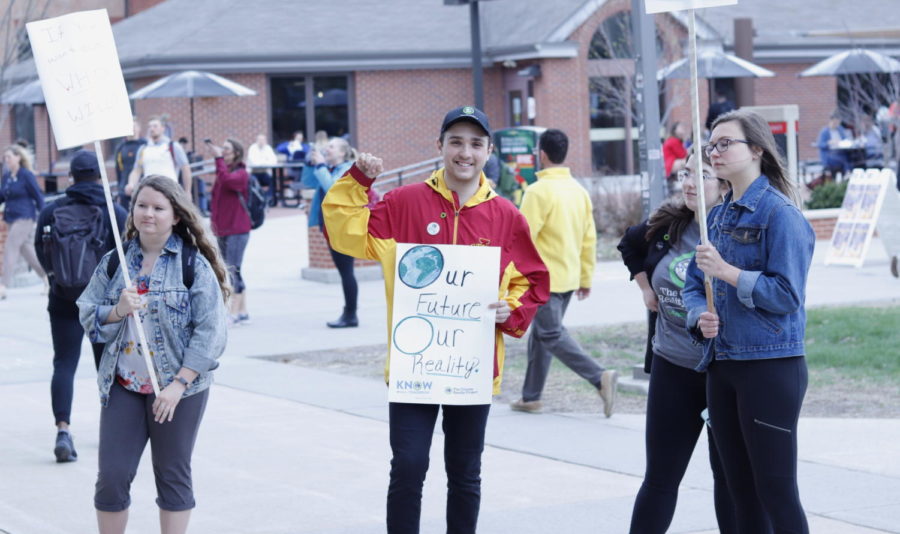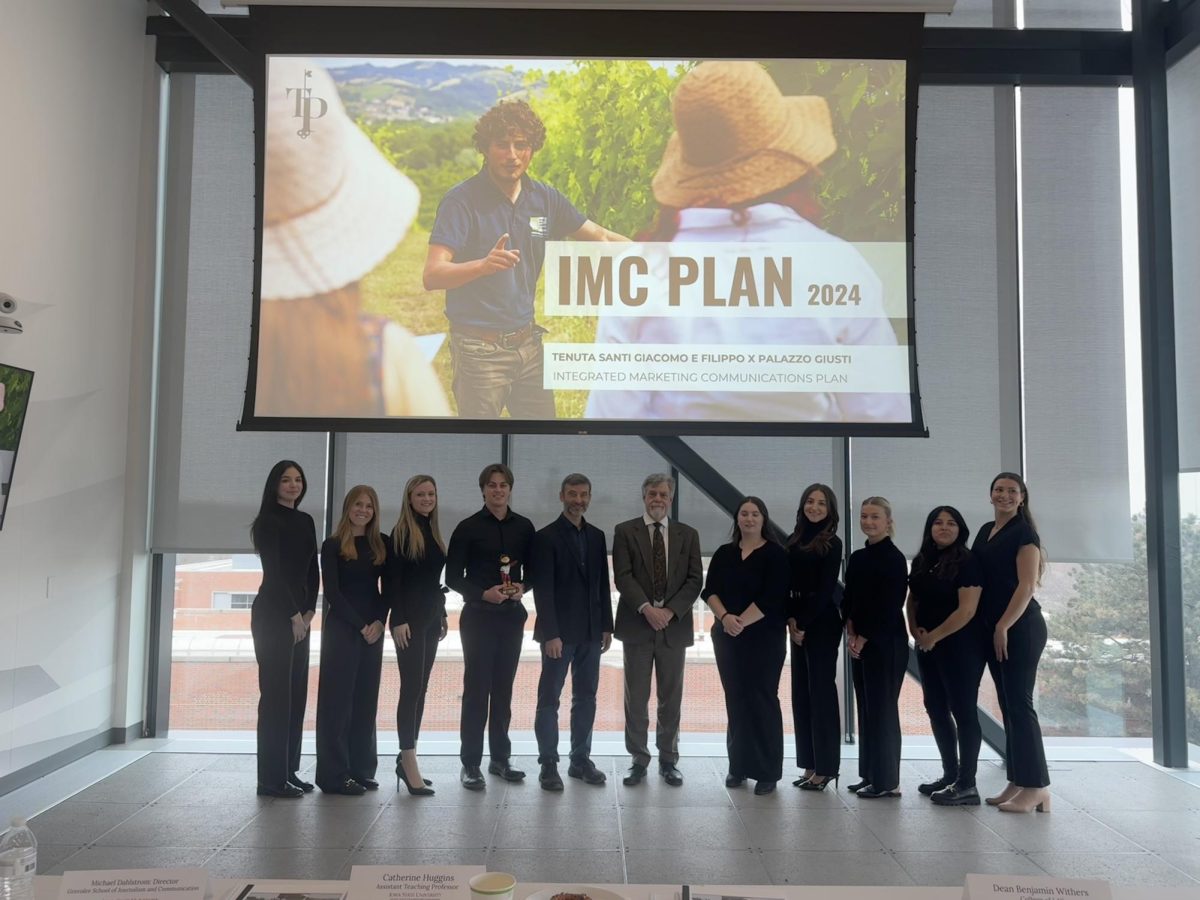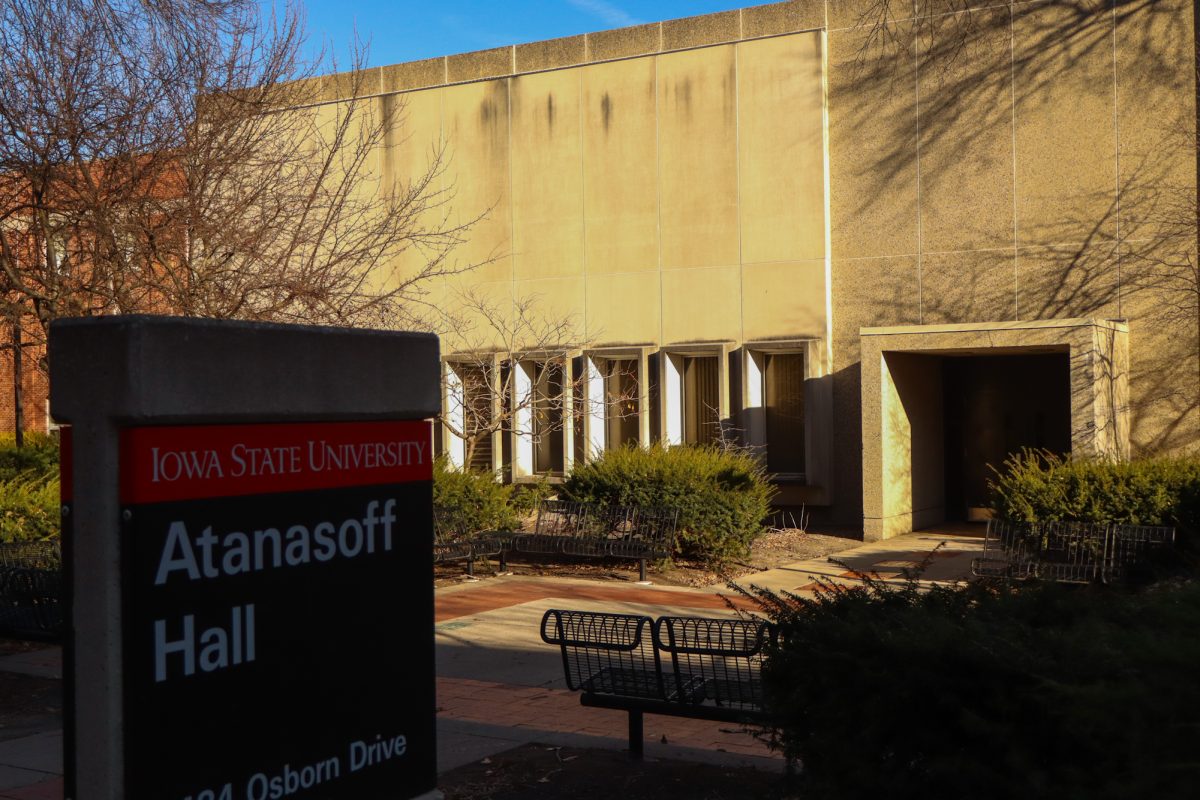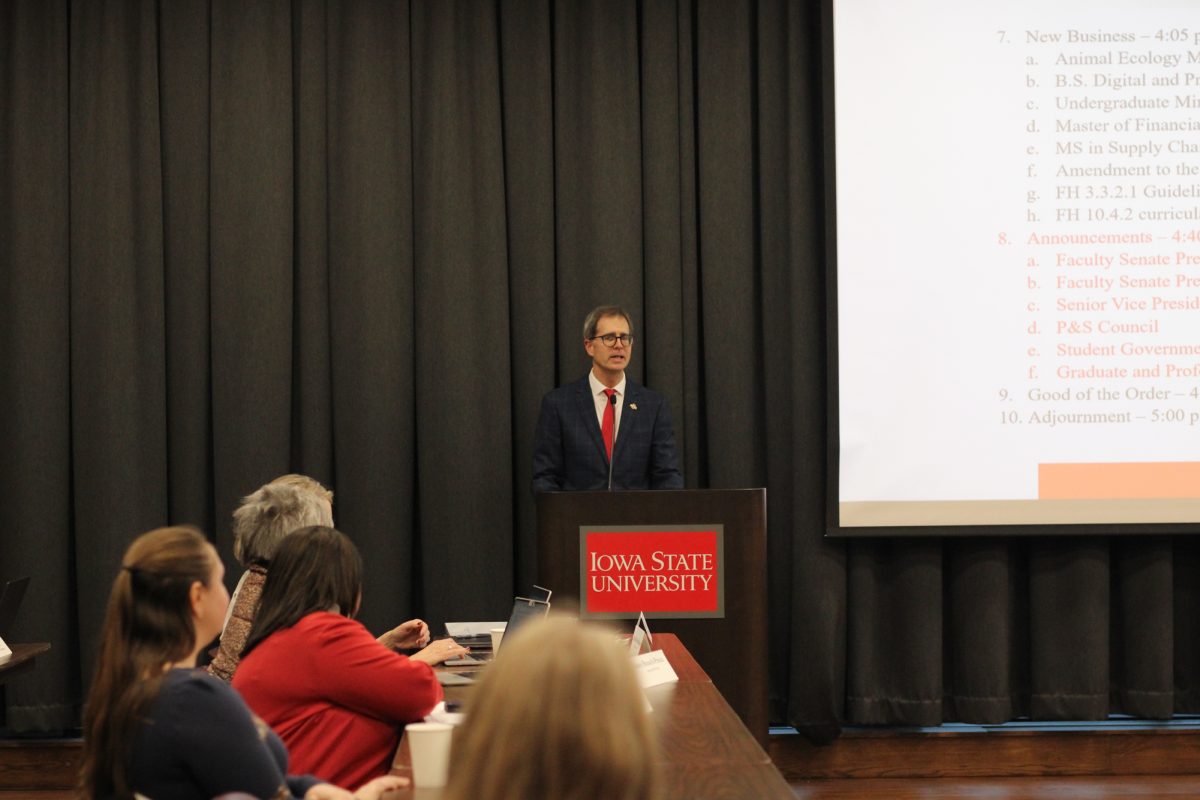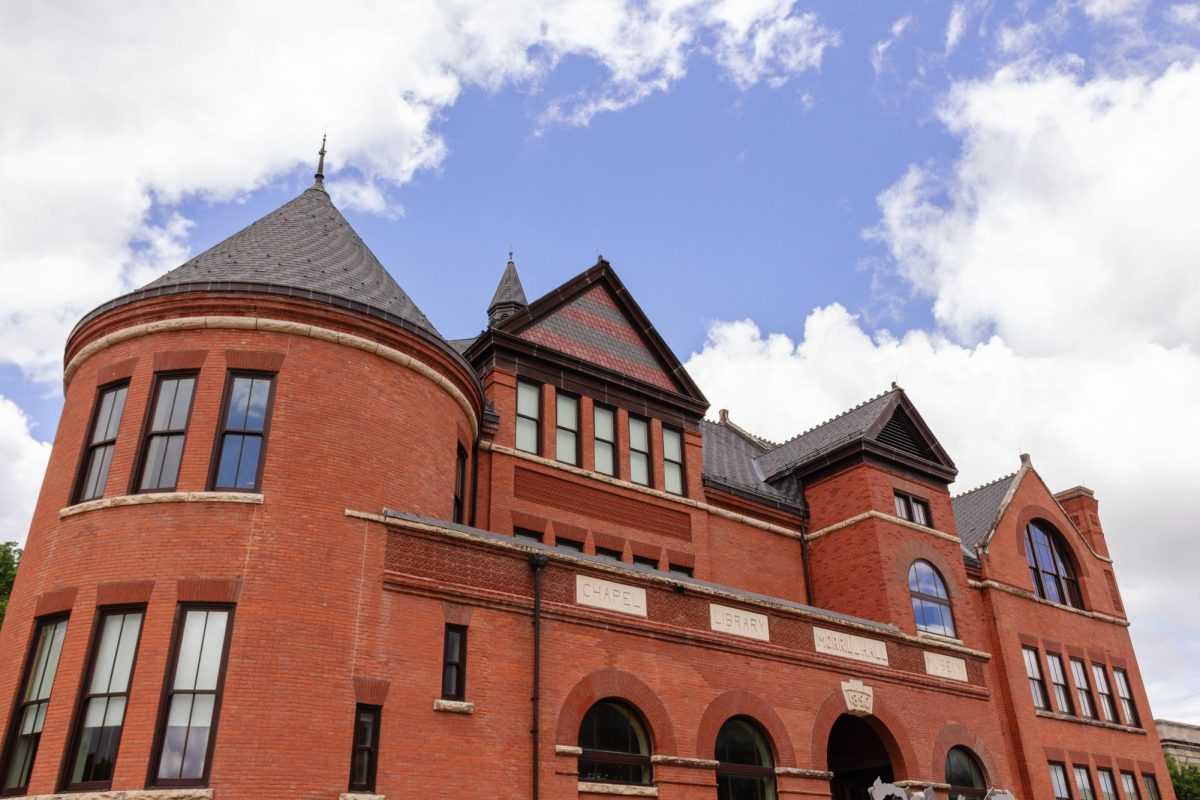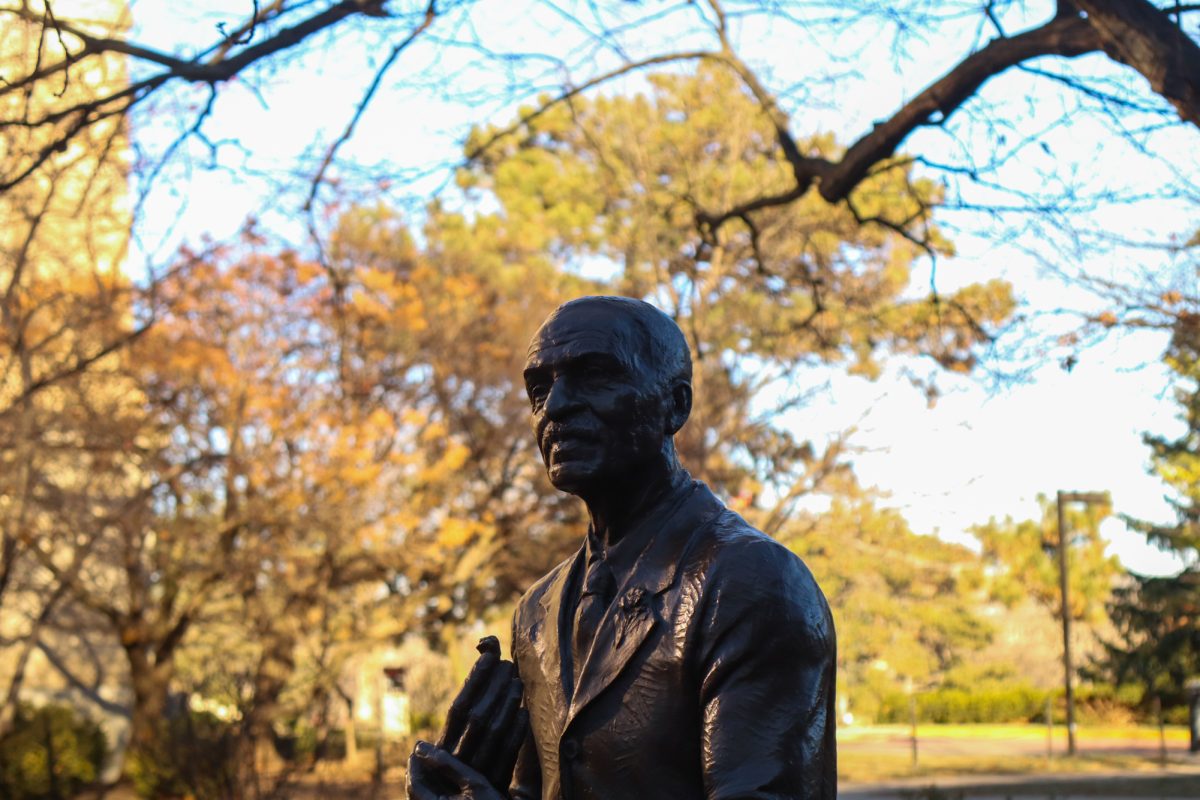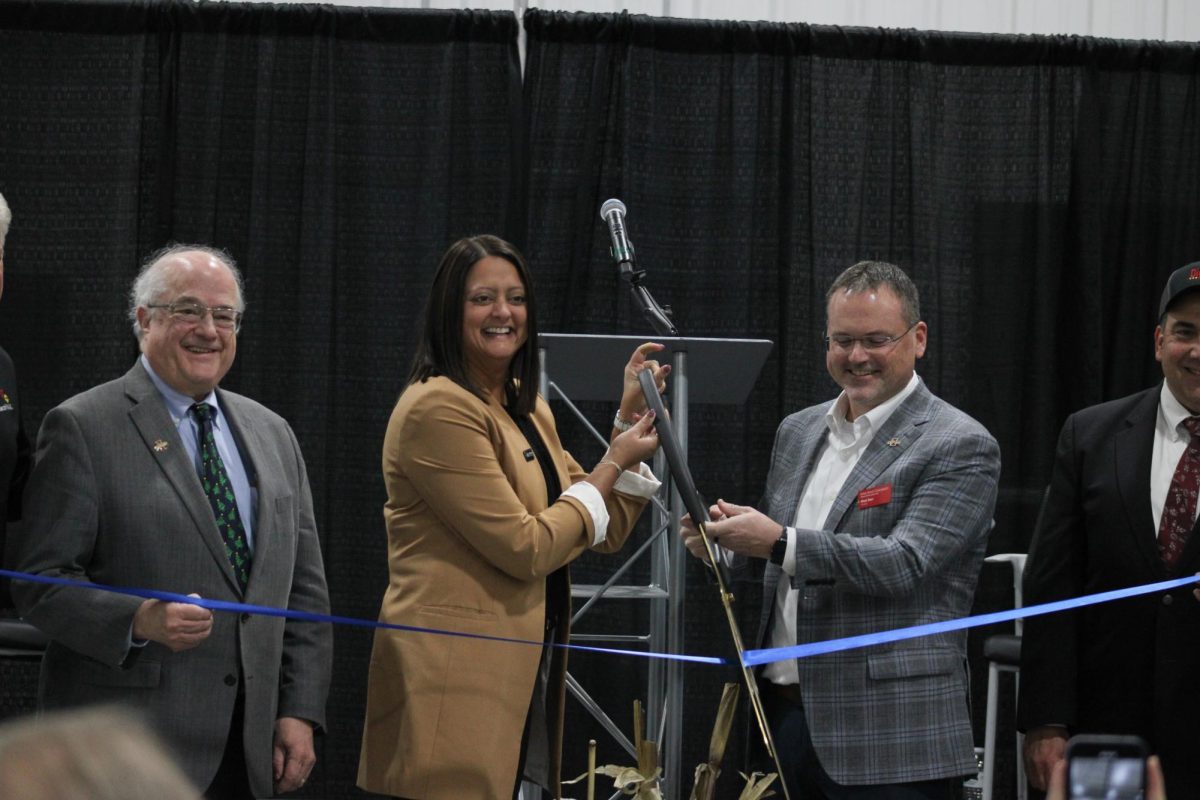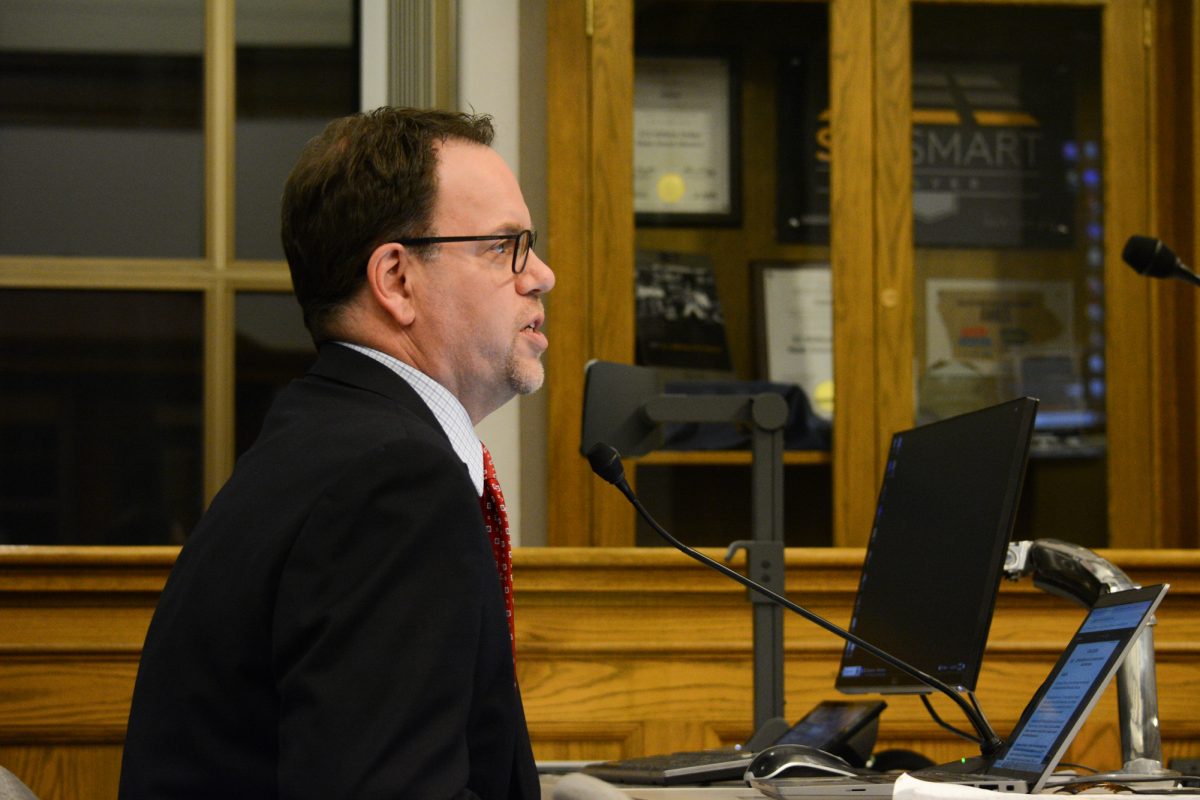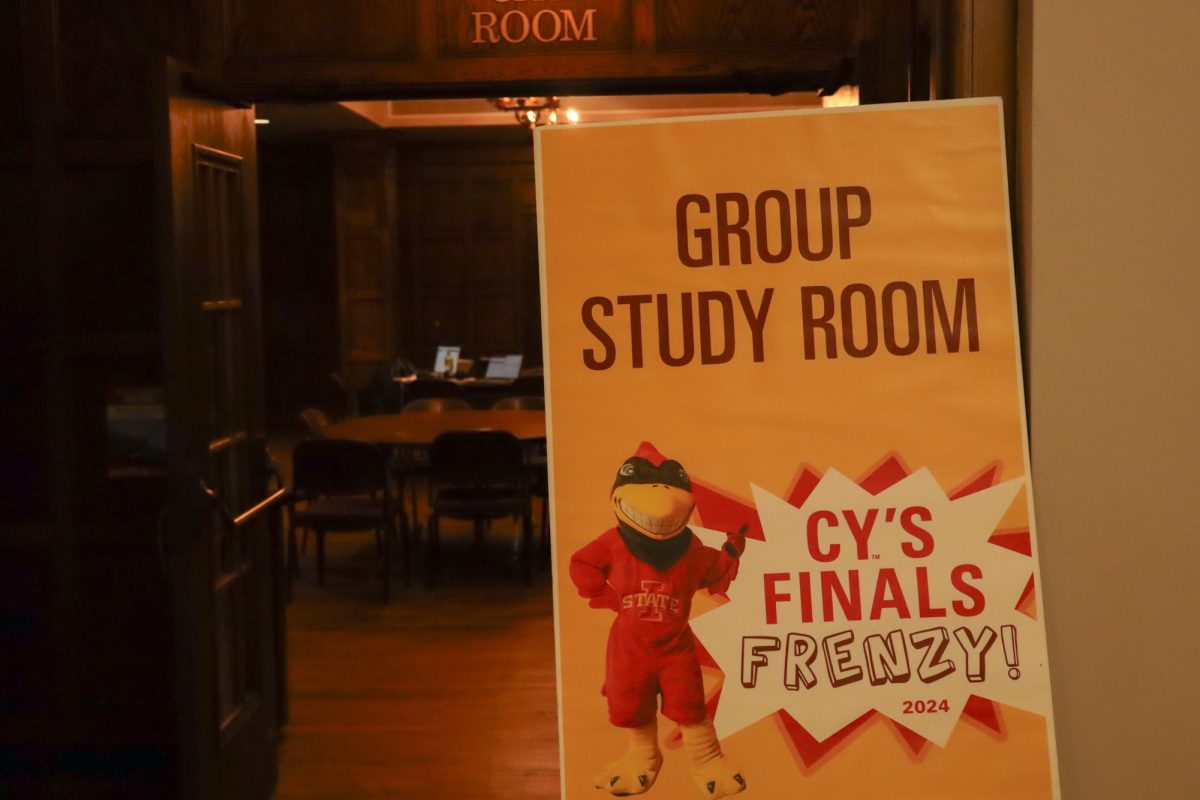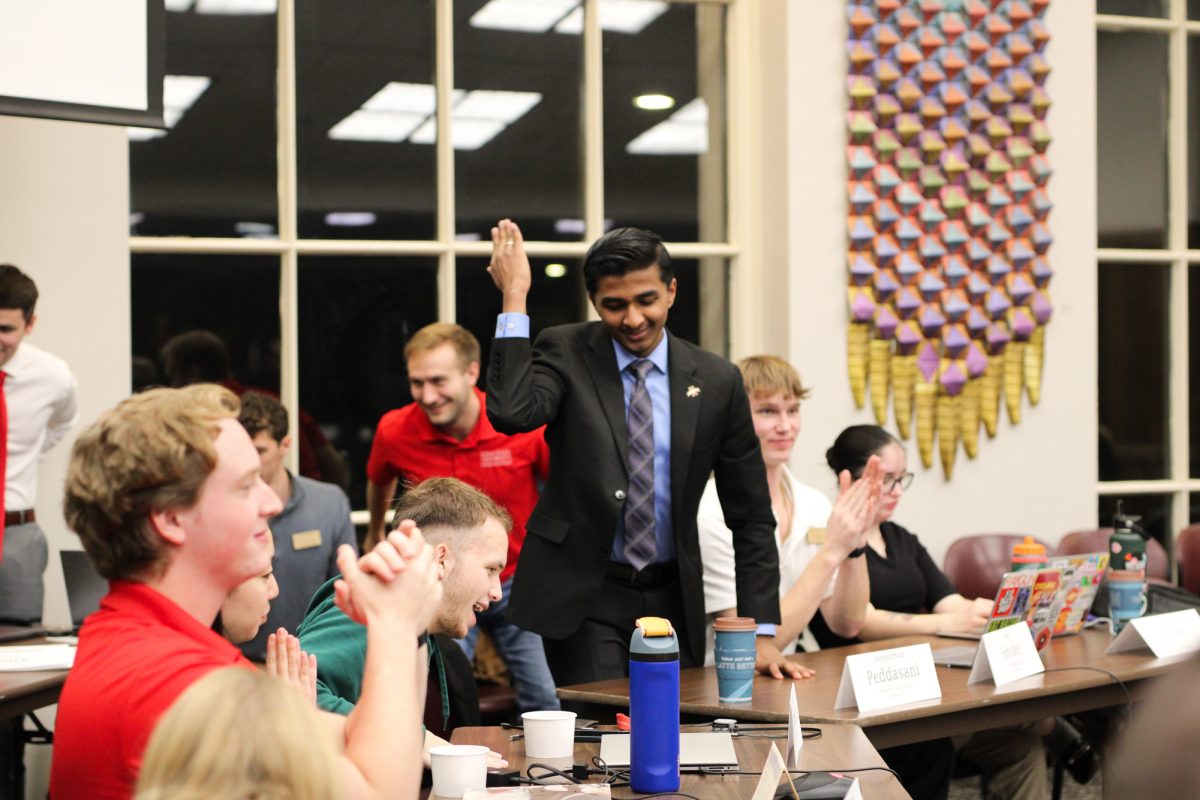The Iowa Board of Regents released the results of its second free speech survey Tuesday, indicating increases of higher tolerances of free speech in several categories.
The 2024 survey, conducted Jan. 31 through March 1 yielded responses from 7% of regent institution students, 2.7% fewer than the first survey in 2021, in which 10.2% of students responded. This equates to 2,314 fewer than the first version in 2021.
The survey was developed by a “cross-institutional group of university researchers and other administrators” who worked with board office staff, according to Board of Regents communications director Josh Lehman.
Graduate students responded to the survey at the highest rate, with first-year students responding at the second highest rate, with females responding at a rate 13% higher than men.
According to the board report, 6% of Iowa State students responded to the survey.
In 2021, 77.5% of students at regent institutions indicated they felt comfortable expressing their opinions related to class topics. The number of students reporting the same sentiment was 87% in 2024.
According to the regents’ report, 79.1% of 2024 survey respondents reported they do not believe the university restricts speech on campus, even when it makes people uncomfortable. More than 66% of 2021 survey respondents reported feeling the same.
More than 53% of respondents reported disagreeing that other students at their university seek out and listen to people with different views. Nearly 75% reported agreeing with the sentiment that faculty at their university seek out and listen to people with different views.
More than 79% of respondents in 2024 reported feeling the university does not restrict speech on campus, even when it makes people feel uncomfortable. That number was 66.2% in 2021, or 13% lower.
The Board of Regents created a committee on free speech in 2020. The board has a freedom of expression policy statement, which includes guiding principles, guidelines on-campus speakers and programs, a requirement that First Amendment training is offered annually to students, faculty and staff and other related matters.
Michael Dahlstrom, director of the Greenlee School of Journalism and Communication, said the results of the survey look promising, and activities at universities “seem to have had a positive impact.”
The results are on the agenda to be discussed at the upcoming Board of Regents meeting, April 24-25 on campus, in the Alumni Center.
Dahlstrom pointed out one of the directives delivered by the Iowa Board of Regents study committee on diversity, equity and inclusion. Directive 9 instructs universities to “Explore a proposal, including cost, to establish a widespread initiative that includes opportunities for education and research on free speech and civic education.”
“Because the Board of Regents is giving free speech and civic education more attention, there’s a great opportunity for all three universities to make sure that students are engaged and understand all that,” Dahlstrom said.
Dahlstrom added that promoting free speech on campus is not a short-term effort but a long-term one.
“Celebration of the First Amendment has been something that the Greenlee School particularly has done for 22 years. This is not a short-term effort, but this is something that students, faculty, the university has to invest in long term in order to have these positive outcomes,” Dahlstrom said.
This week marks the 22nd celebration of First Amendment Days, hosted by the Greenlee School of Journalism. The week-long celebration is designed to spark conversation around the elements and importance of the First Amendment through speakers, projects and events.
“I think it is wonderful that it seems like we are at a period where there is more attention and appreciation put on the First Amendment and the freedoms that it gives us,” Dahlstrom said. “That goes up and down. There’s times when it doesn’t seem to matter. We bring it up and people think it’s fun but not a big deal. But I think we’re now at a point where, regardless of what side you’re on, people are saying ‘Yes, this is something important that we need to understand better and we need to support.’”


